International Business Competing in the Global Marketplace 10th Edition By Charles Hill – Test Bank
Chapter 11
The International Monetary System
True / False Questions
1. The international monetary system refers to the institutional arrangements that govern exchange rates.
True False
2. A pegged exchange rate means the value of a currency is fixed relative to a reference currency.
True False
3. A dirty float occurs when a country uses pegged exchange rates to value its currency.
True False
4. The gold standard called for fixed exchange rates against the U.S. dollar.
True False
5. The amount of a currency needed to purchase one ounce of gold was referred to as the gold par value under the gold standard.
True False
6. A country is said to be in balance-of-trade equilibrium when it produces all the goods needed for domestic consumption.
True False
7. The agreement reached at Bretton Woods established the International Monetary Fund (IMF) and the World Bank.
True False
8. Implementing a fixed exchange rate regime increases the price inflation in countries.
True False
9. World Bank offers low-interest loans to risky customers whose credit rating is often poor.
True False
10. IDA loans receive direct funding from the World Bank.
True False


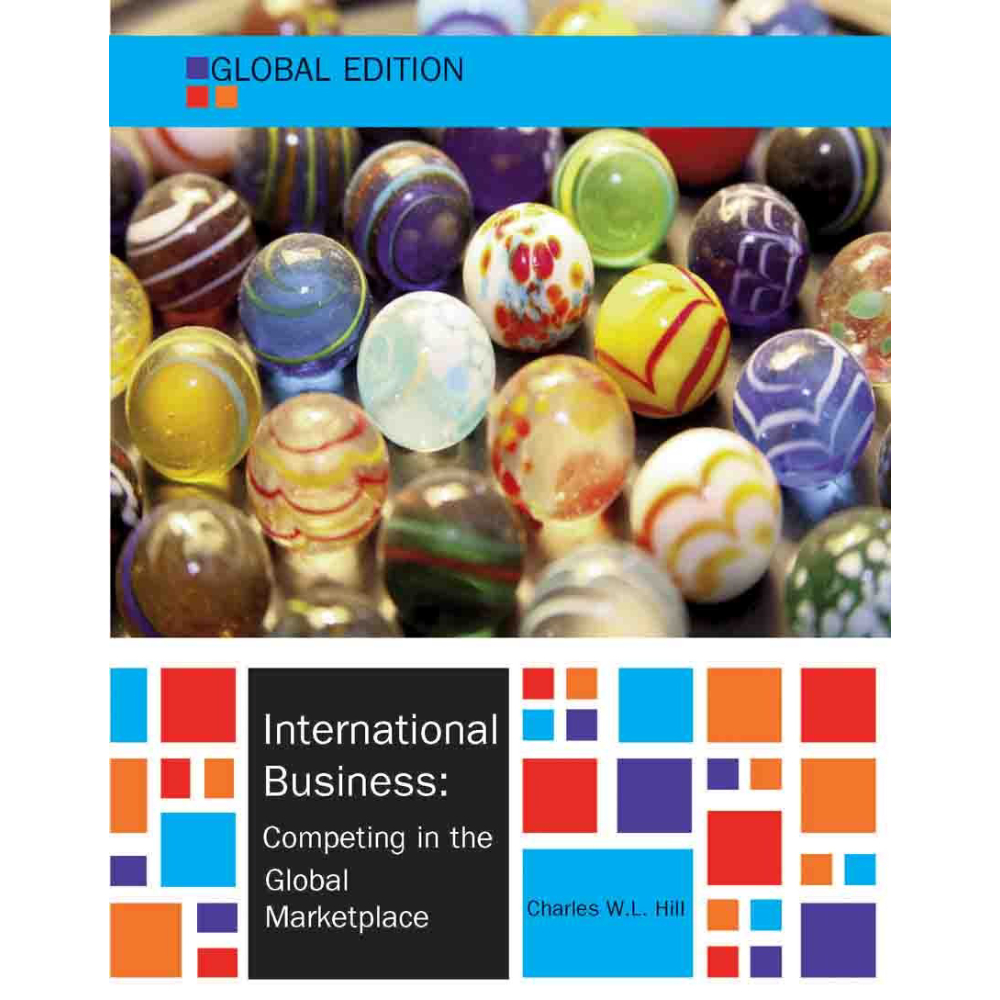

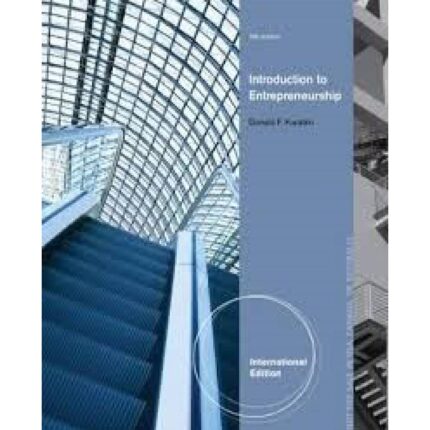
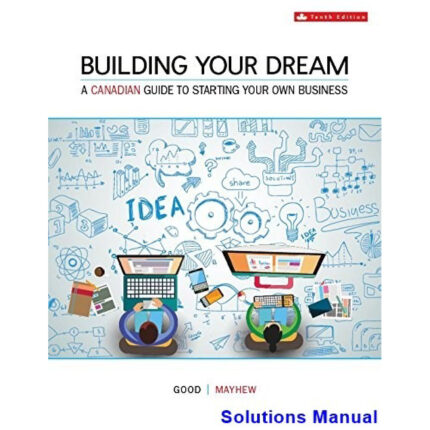

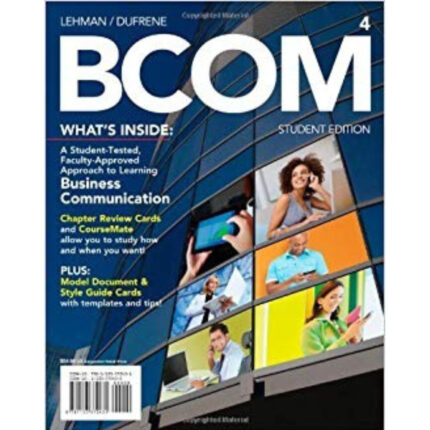



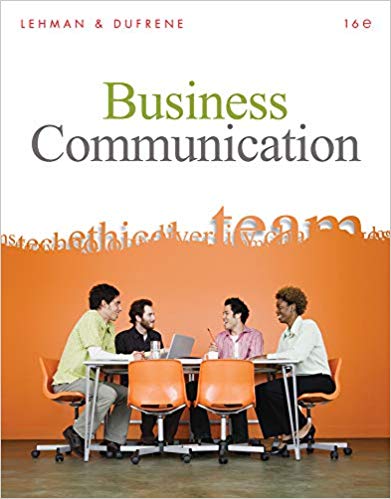
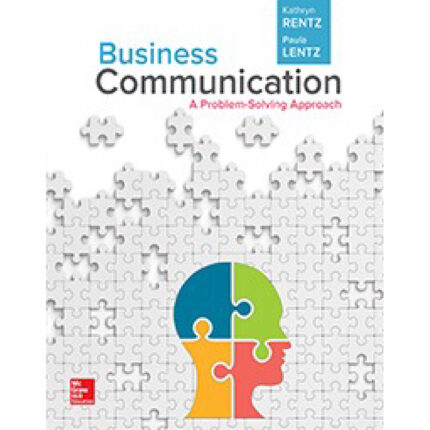
Reviews
There are no reviews yet.